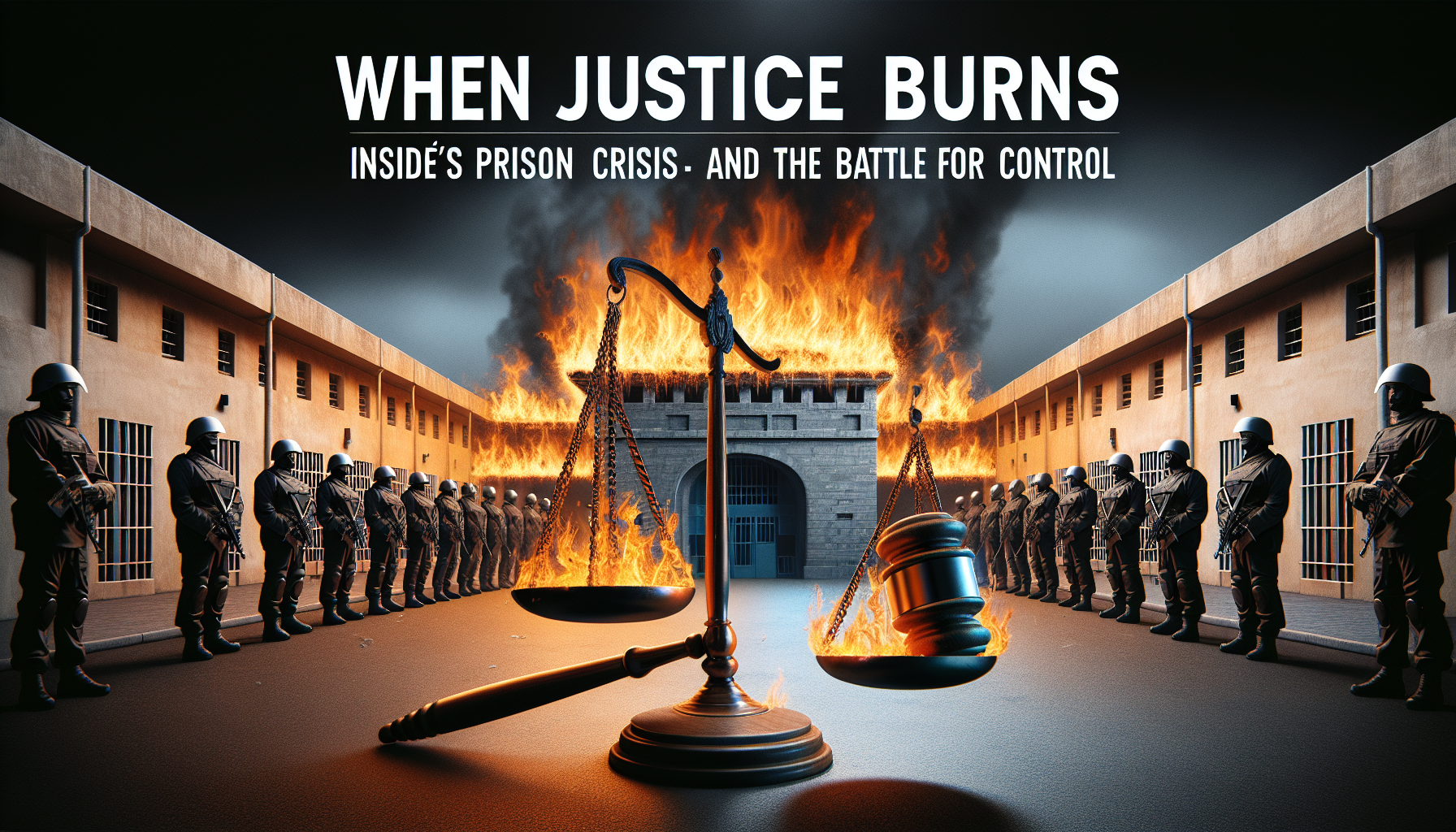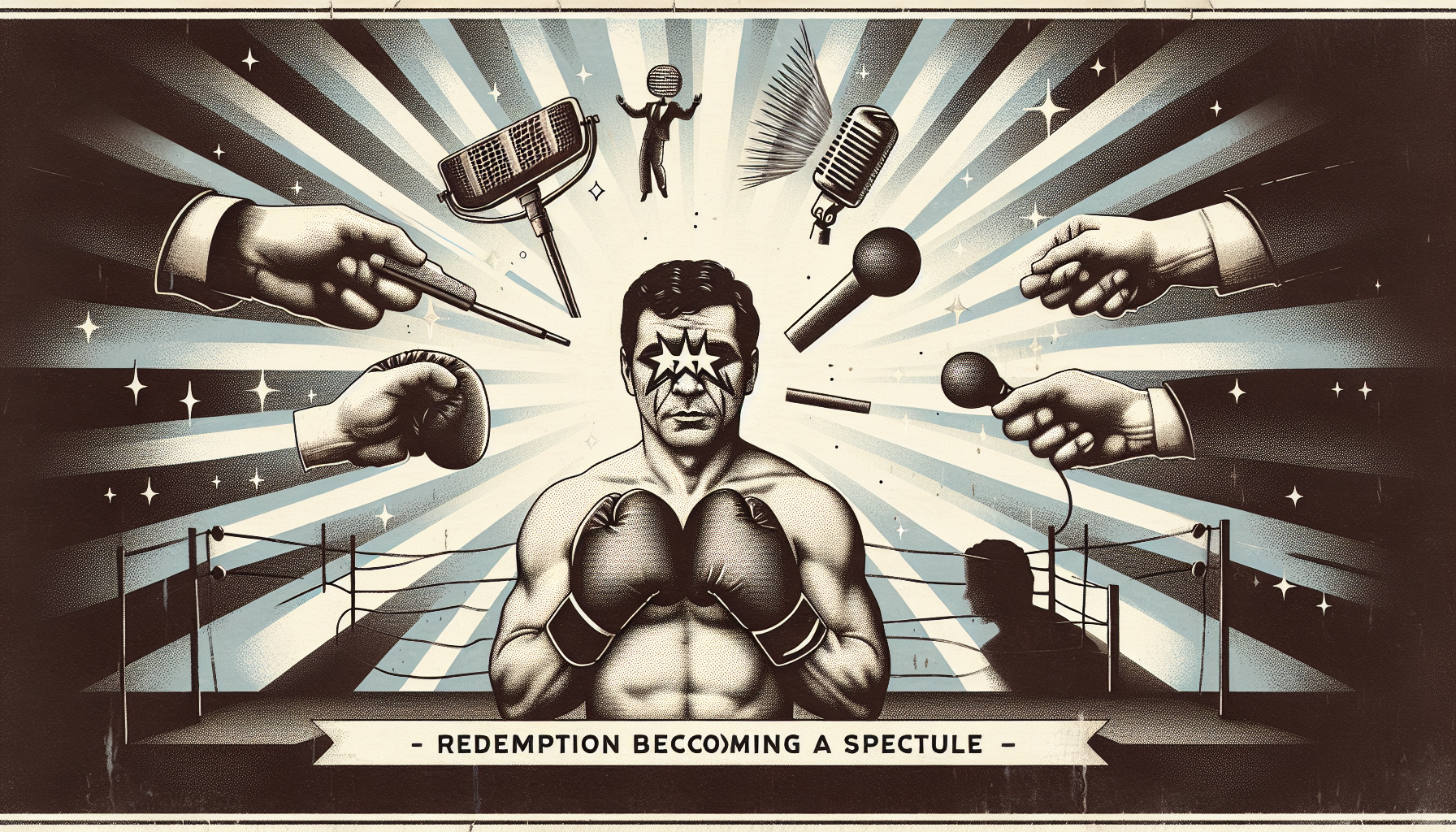Title: Flames Behind the Fences: France’s Prison Attacks and the War Over Who Holds Power
Dear reader,
What does it mean when the walls meant to confine are themselves under siege? When fire becomes a language of protest, when bullets rattle steel gates more than they do nerves—and when justice is less about order and more about optics?
Welcome to France, April 2025. A country where the line between state authority and criminal enterprise has blurred like smoke against prison walls. In a string of chilling, coordinated attacks, prison car parks have become infernos, gunfire has echoed across once-quiet suburbs, and an acronym—DDPF—has become a tag of defiance scorched into the side of control.
Something is burning in the heart of the French penal system. And it isn’t just the cars.
Smoke Signals of Something Bigger
To some, a burned vehicle is an act of vandalism. To others, it’s a statement. These latest attacks have spanned nine cities—Toulon, Marseille, Nanterre, Valence, Nîmes, Luynes—punctuated not just by fire, but by firearms. The common thread? A chilling clarity of purpose.
In Toulon, bullets laced the prison door as if to say: "We're here, and we're watching." In Aix-Luynes, “DDPF”—“Droit des Prisonniers Français”—was sprayed onto prison walls like a battlefield slogan, not of peace, but of war.
These aren’t random acts.
They are precise, performative, and deeply political. And in the backdrop? Record cocaine imports from South America. New anti-narcotics laws. And a decades-old system, struggling under its own contradictions—overcrowding, hardened recidivism, and an often inhumane silence.
Behind Bars, Beyond Control
France's justice minister, Gérald Darmanin, has called these arson and gun attacks “cowardly and heinous.” But behind his outrage, there’s an unspoken truth: the State doesn’t fully hold the keys anymore.
Organized crime in France has moved beyond its coastal outposts like Marseille. It’s diversified, metastasized. Towns once unmarked on drug-interdiction maps now tick red. And like a tech company scaling up its digital infrastructure, these cartels are scaling up their violence—not for symbolism, but for business.
Just like prison can be a place of punishment, it’s also a boardroom for gangs. Phones smuggled through family visits. Orders sent out in code. Entire operations, run from cells. The attacks from outside may feel shocking; but they’re often orchestrated from deep within.
It’s a chilling paradox: the people behind bars may be the ones commanding the ones outside to light them on fire.
A Precedent of Paranoia
This isn’t a new phenomenon—not entirely. Mexico’s prison system has long wrestled with cartel control, with notorious criminals throwing birthday parties inside prison courtyards, complete with live bands. In Brazil, the Primeiro Comando da Capital (PCC) has launched simultaneous riots and attacks that paralyze entire cities from the inside out.
But France? France prided itself on a tighter grip. On European democratic dignity. Now, it's facing a script eerily familiar from across the Atlantic—and it's playing out scene by flaming scene.
Journalist Léa Solène from Le Monde put it bluntly: “This isn’t terrorism in the classic sense. It’s organized defiance.”
And the question becomes: how does a republic respond when the rebellion is both systemic and symbolic?
From Uniforms to Targets
Spare a moment for the prison staff—the unsung gear teeth of a failing mechanism. In one report, union leaders described officers arriving at dawn for their shifts to find their cars reduced to charred frames. Imagine starting a 12-hour shift containing violent offenders, all while smelling the remnants of your torched Kia in the parking lot.
This is more than fear. It's psychological warfare.
Burned cars, graffiti, assault rifles—it’s all stagecraft of intimidation. And as a society? We’ve become voyeurs of violence. We scroll through the imagery—bullet-chipped gate in Toulon, scorched Peugeot in Valence—like we’re watching a drama unfold, forgetting that every gasoline can and shattered windshield is a narrative of authority being tested.
The Anti-Drug Bill and What Comes Next
The French government’s proposed anti-trafficking law—more investigative powers, new prosecutorial wings—feels like a last-ditch effort to wrestle back control. But you can’t legislate your way out of a firestorm.
And like every high-wire political response, the danger lies in overreach. Sweeping surveillance. Collective punishment. Civil liberties used as collateral damage. It’s déjà vu for a country still smarting from its memories of state overreach in the wake of past terror threats.
The Bigger Picture: When Systems Burn
These attacks aren’t just about prisoners. They’re about systems—systems that segregate, discard, and too often forget. The narrative isn’t criminal vs. society anymore. It’s about who gets to wield power in a landscape where institutions have failed to reform and street codes fill the gap.
Much like Mickey Rourke’s televised unravelling (remember that?), where a fallen icon became a caricature through the very medium that once lionized him, France’s justice system stands before the cameras as both perpetrator and victim of its own mythology.
Are prisons still correctional institutions? Or have they become production sets for escalating social drama and underworld economy?
In this new era, control is no longer held by walls, locks, or even the law. It’s broadcast in fire. In data trails. In acronyms gone viral.
And France? France is learning that the most dangerous revolutions don’t come with banners or armies. They come with gasoline, hashtags, and a brutal sense of timing.
Until next time,
Stay vigilant—and don’t mistake the smoke for drama.
It might just be the future, arriving uninvited.
Burningly yours,
A Watcher of Systems on the Brink 🔥

